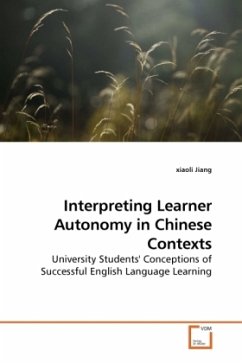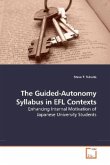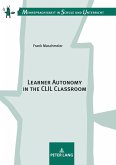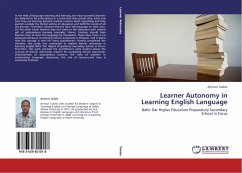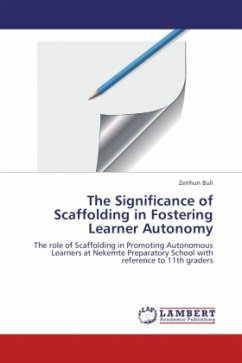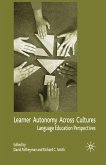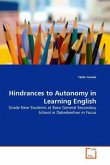Over the last three decades, concept of learner autonomy has aroused increasing attention and robust debate among scholars in language education. Among others, an important direction is how this concept might be interpreted and implemented in different cultural contexts. This book, as one of the first in-depth studies, aims to explore interpretations of learner autonomy in Chinese contexts, in particular from learners voices. The book provides a comprehensive review of relevant literature in both West and China, with a specific look at origin of concepts of learner autonomy in philosophy, education and language education and argues the importance of interpreting learner autonomy from Chinese learners perspective. With substantial data sets and elaborate data analysis, the book distinctively argues for two domains of learner autonomy in Chinese contexts and suggests a new direction of promoting learner autonomy in China and other similar contexts.
Bitte wählen Sie Ihr Anliegen aus.
Rechnungen
Retourenschein anfordern
Bestellstatus
Storno

